っけ? is a very casual way of asking a question to confirm something you vaguely remember. It is rare to use it in a written passage.


っけ? is a very casual way of asking a question to confirm something you vaguely remember. It is rare to use it in a written passage.
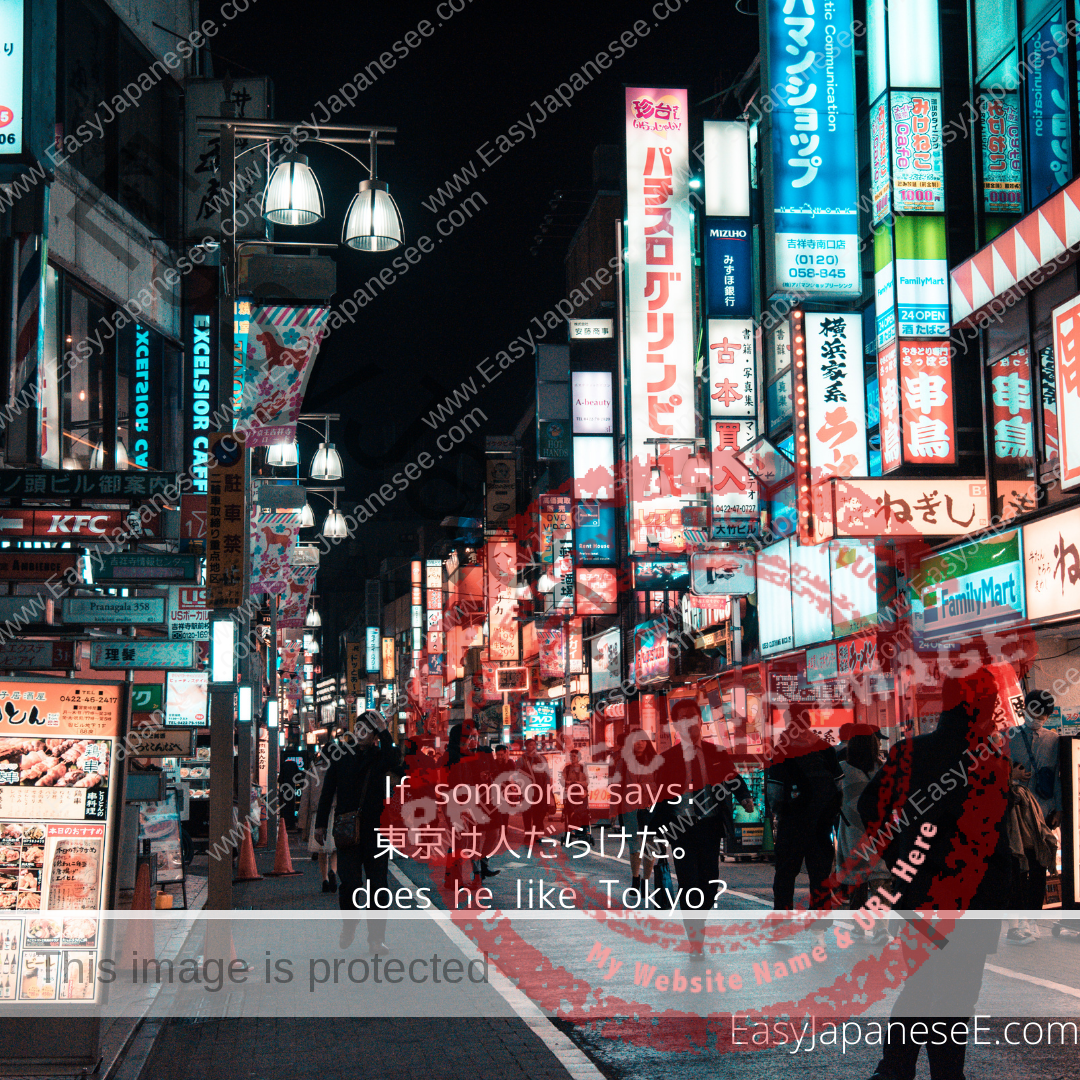
~だらけ is usually used in a negative concept meaning “full of something unwanted” or “covered with something undesirable.” Check the usage here.
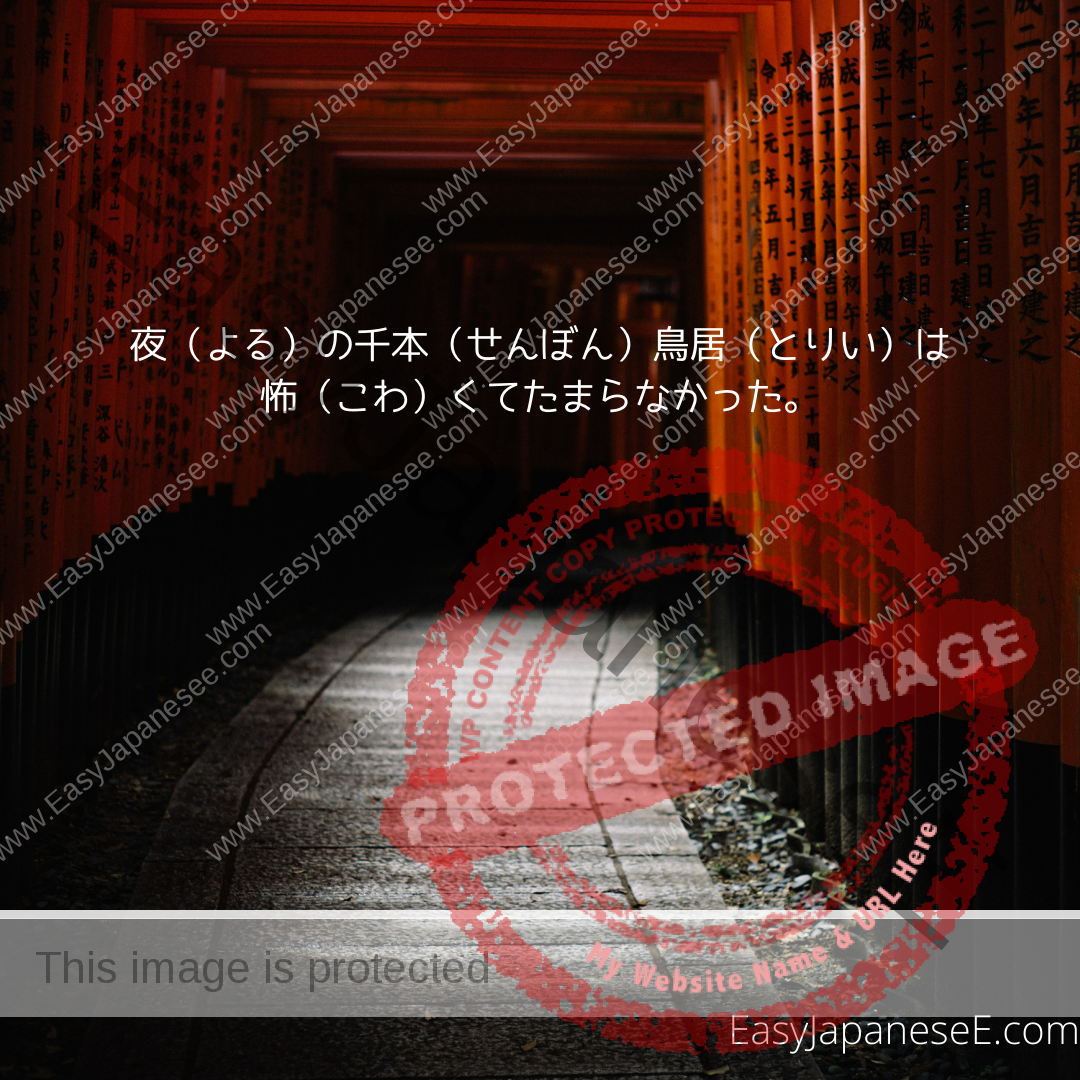
たまらない is used to describe something that is unbearable or irresistible. It is very often used with the てform of an adjective.
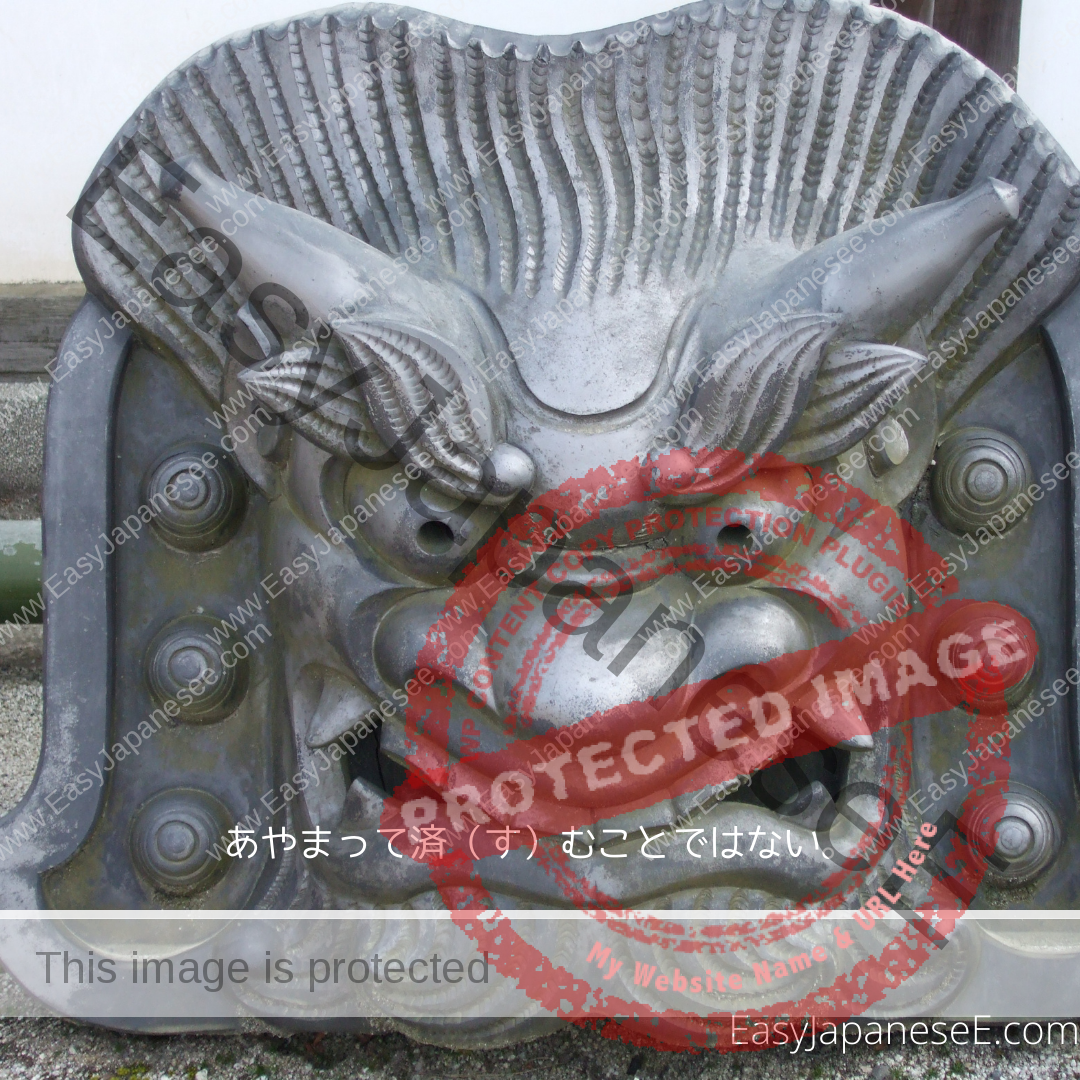
すむ(済む) has a few meanings but if it is used after a てform verb/adjective or a noun + で, ~て/で すむ means “to be settled with/by ~” or “~ is enough to…”
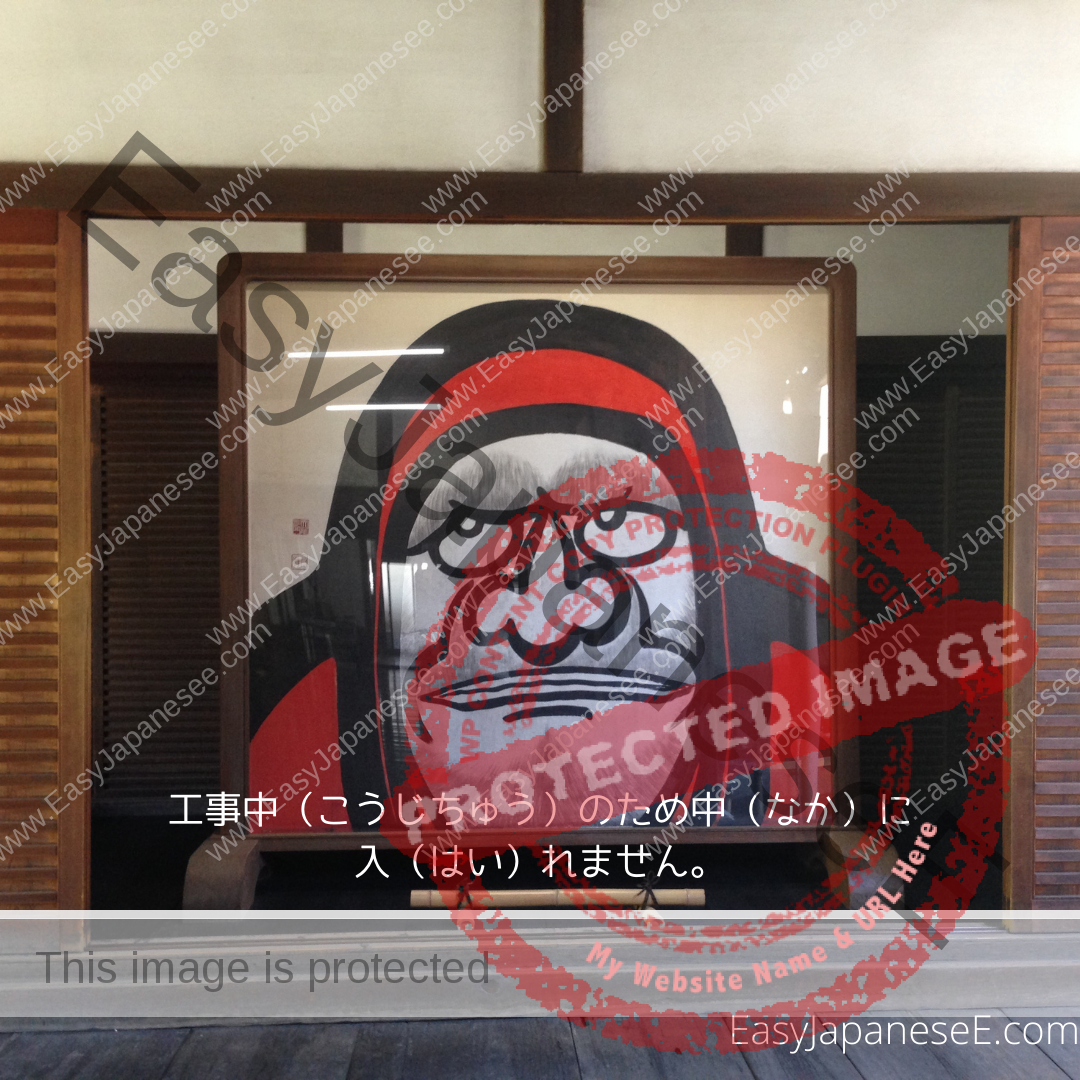
We have learned ~ため(に) to express a purpose before but today’s ~ため(に) is for describing a reason or cause. Check out examples here.

~たまえ is a rather old fashioned expression used for a request. I hear ~たまえ used in prayers often but I don’t hear it in everyday conversations very often.
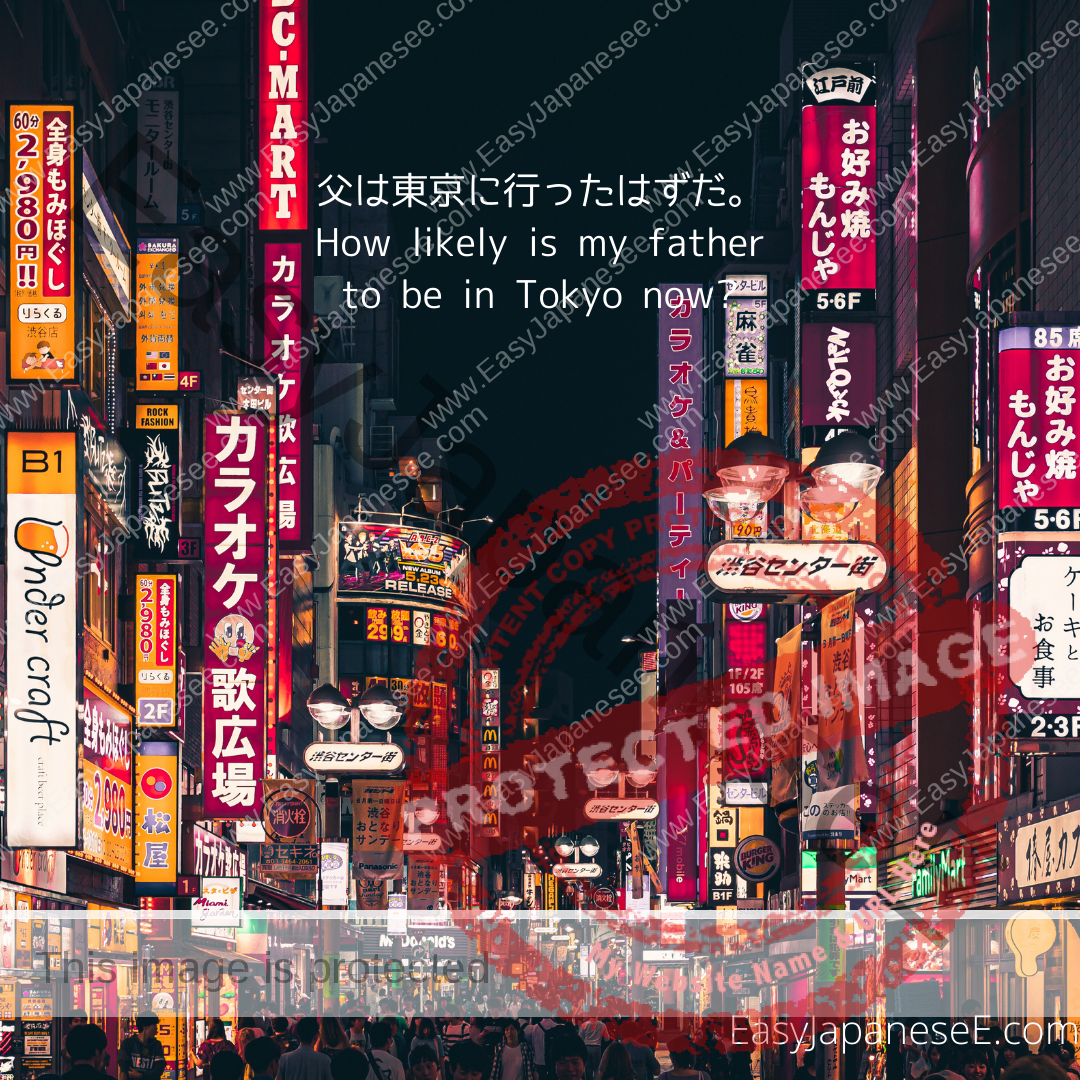
~たはず describes an action which should have taken place but actually didn’t and ~たはず often implies the speakers surprise or regret.
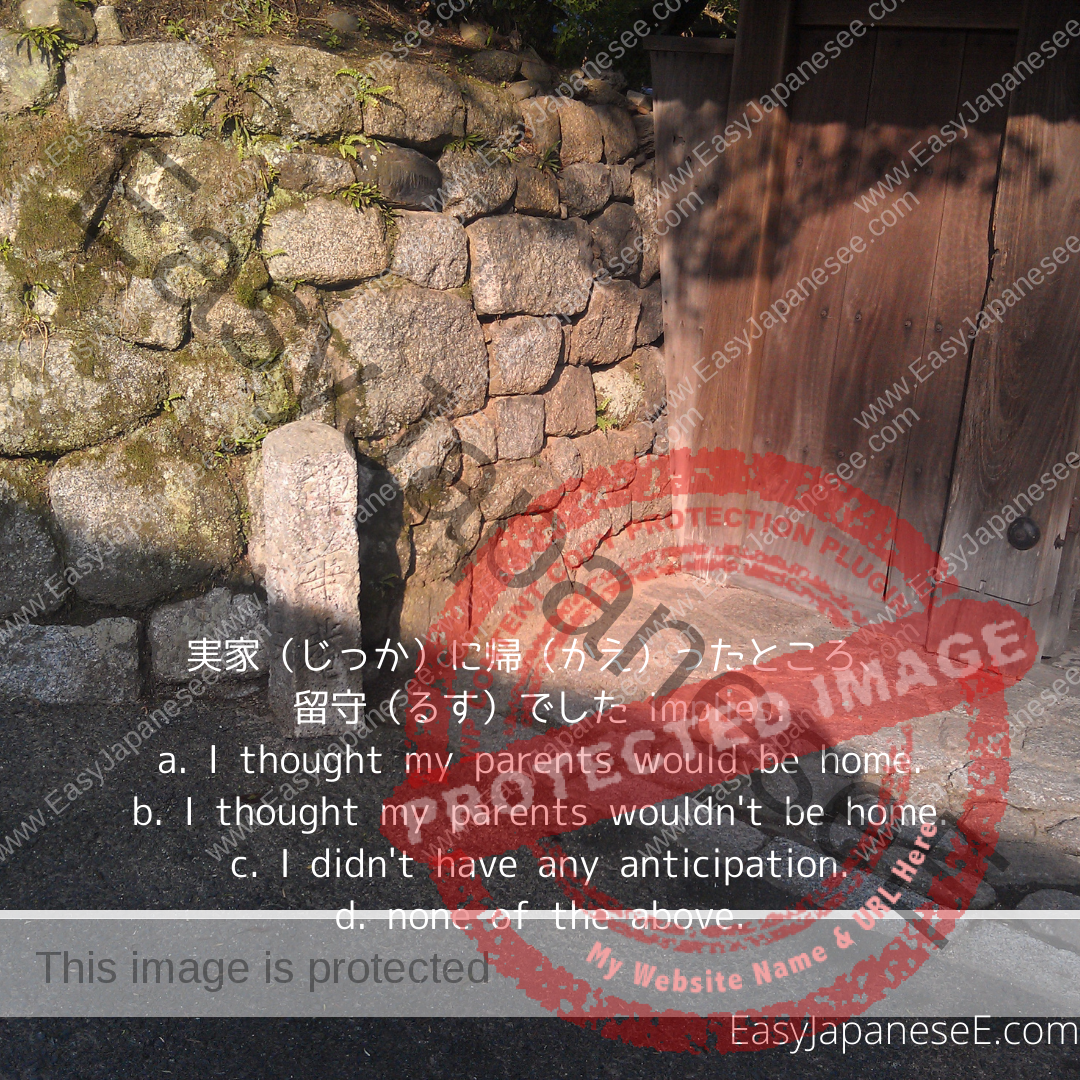
~たところ is an expression used to specify a time/occasion in the past when the speaker discovered something unexpected or contradictory to their anticipation.
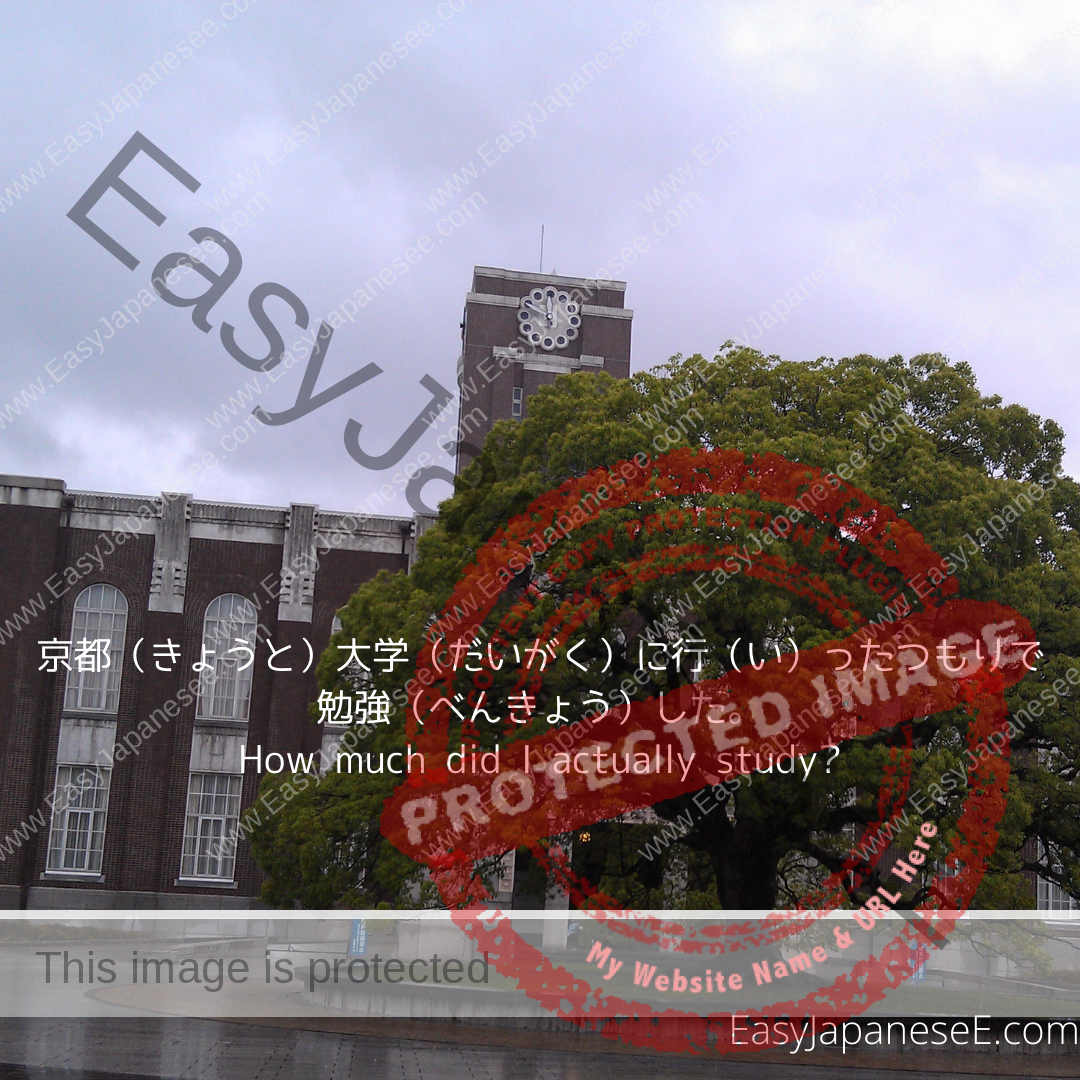
つもり means an “intention”, but if つもり is used with a past tense verb, ~たつもり can express an assumption or conviction which may not necessarily true or real.
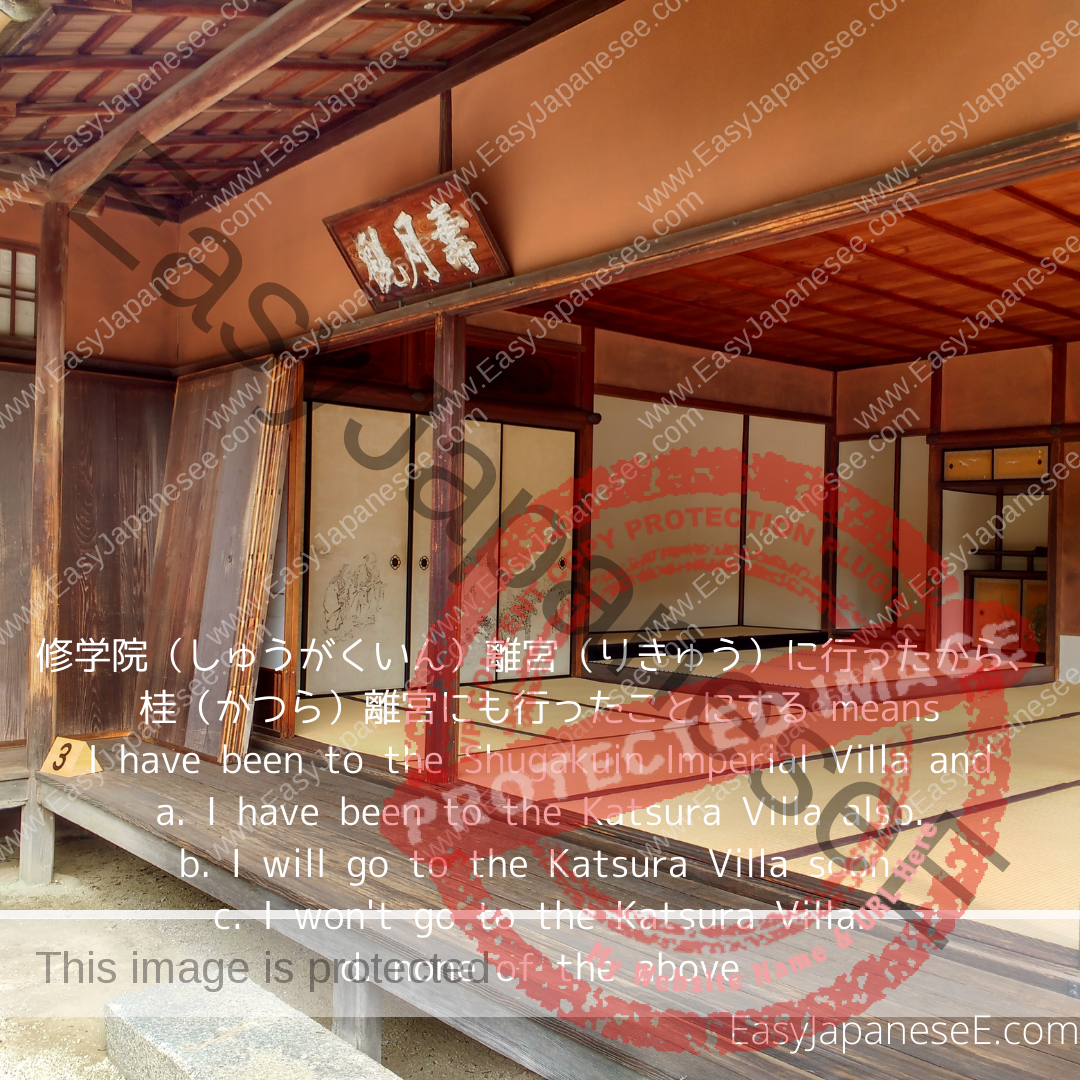
~たことにする a pattern used to intentionally make a false statement about something in the past: “not actually ~ but I will pretend ~.”
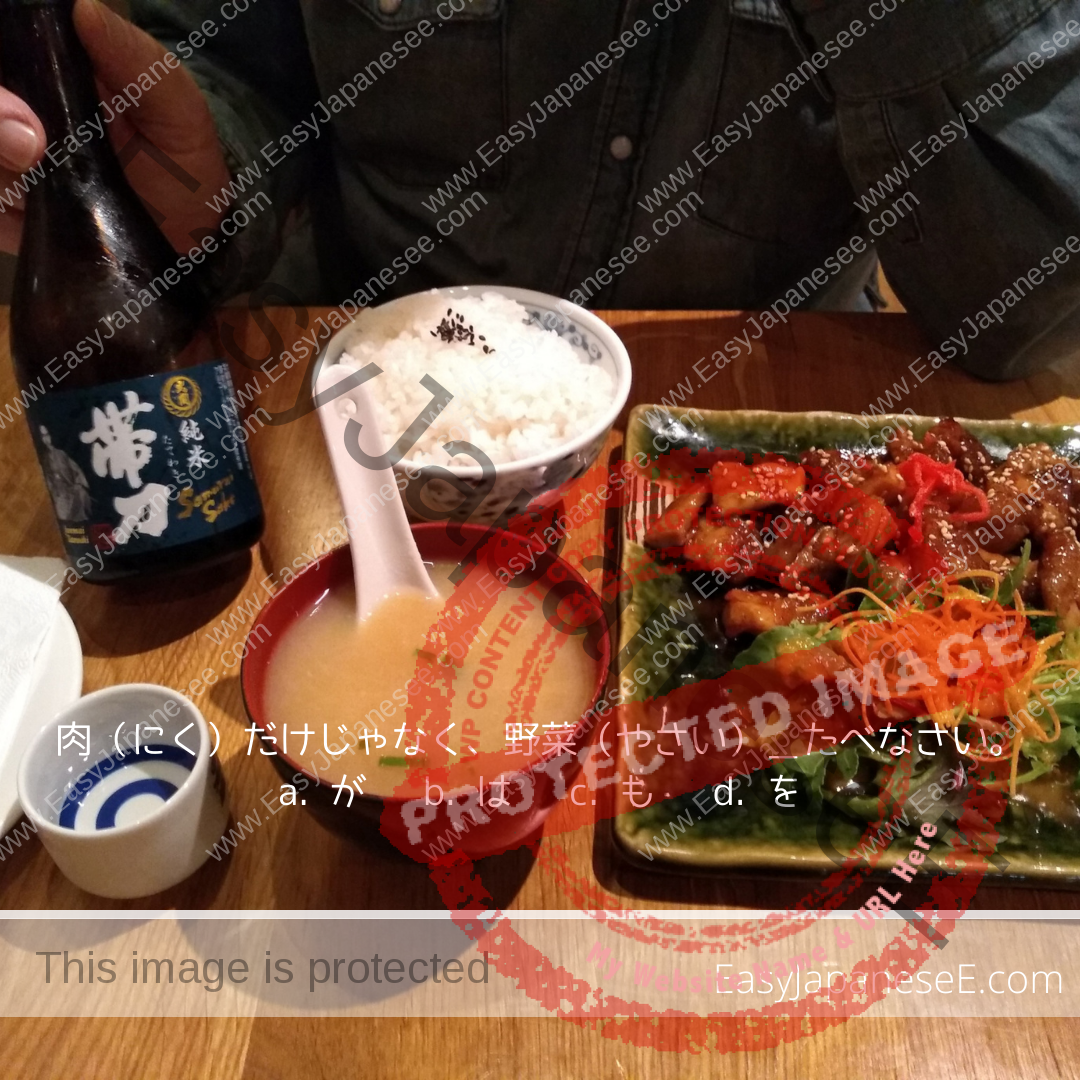
~だけじゃなく (casual) / ~だけでなく (formal) means “not only ~” so inevitably a “but also” part which is indicated with the particle も follows.
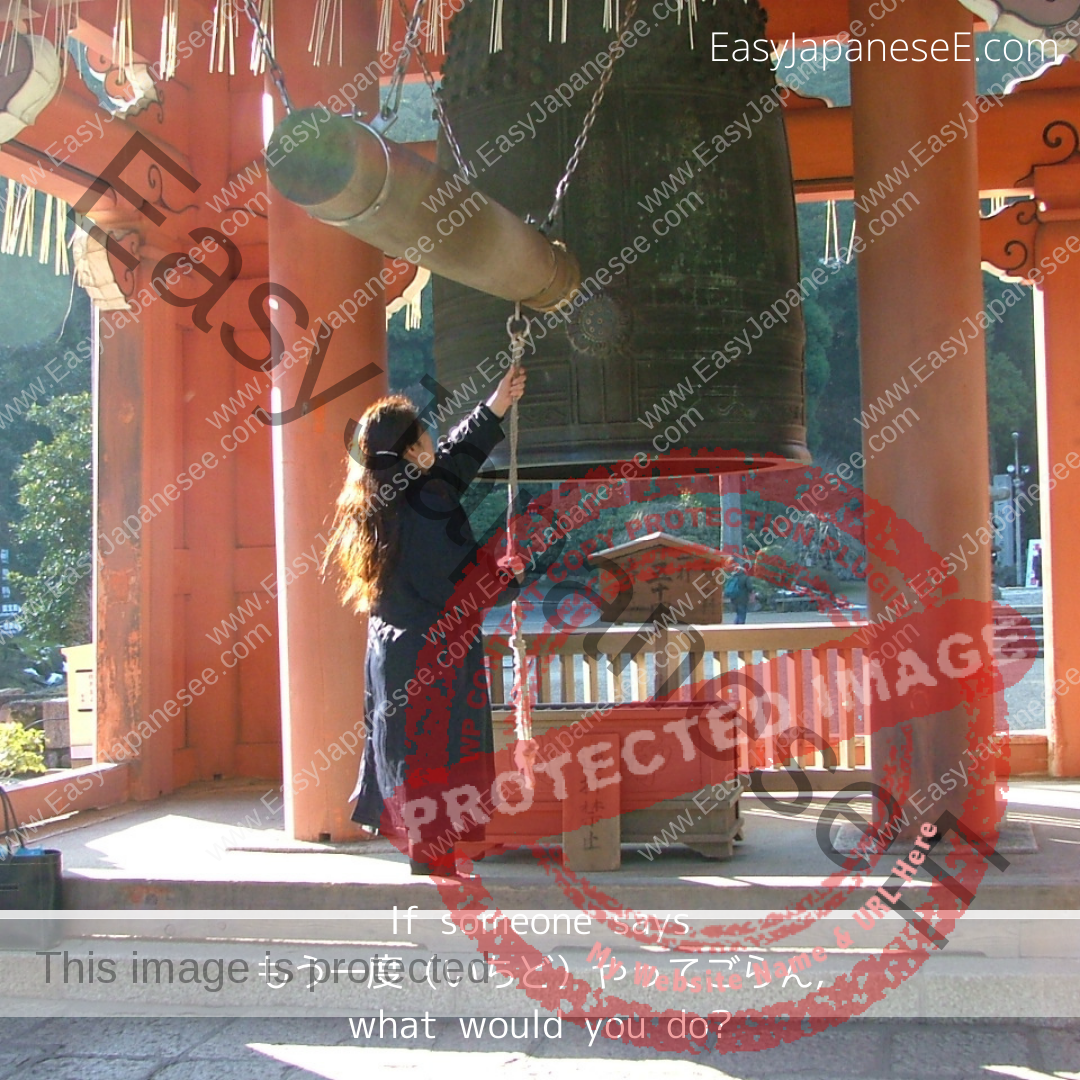
~てごらん or ~てごらんなさい is a gentle way to suggest an action to somebody who is junior to you such as your children, students, etc.
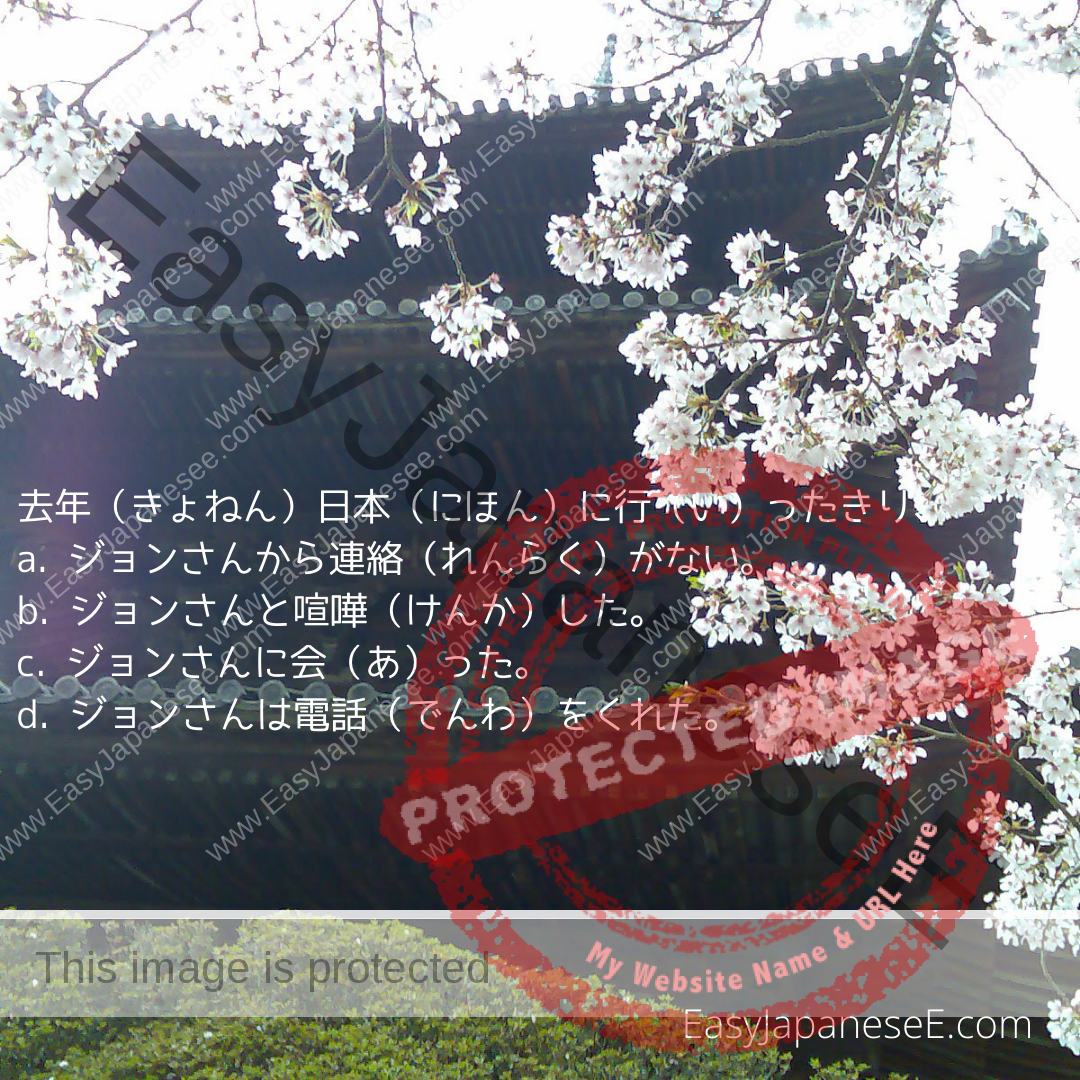
~たきり・・・(ない) means after the action of the たform verb is completed the condition described in the second half of the sentence is continuing.
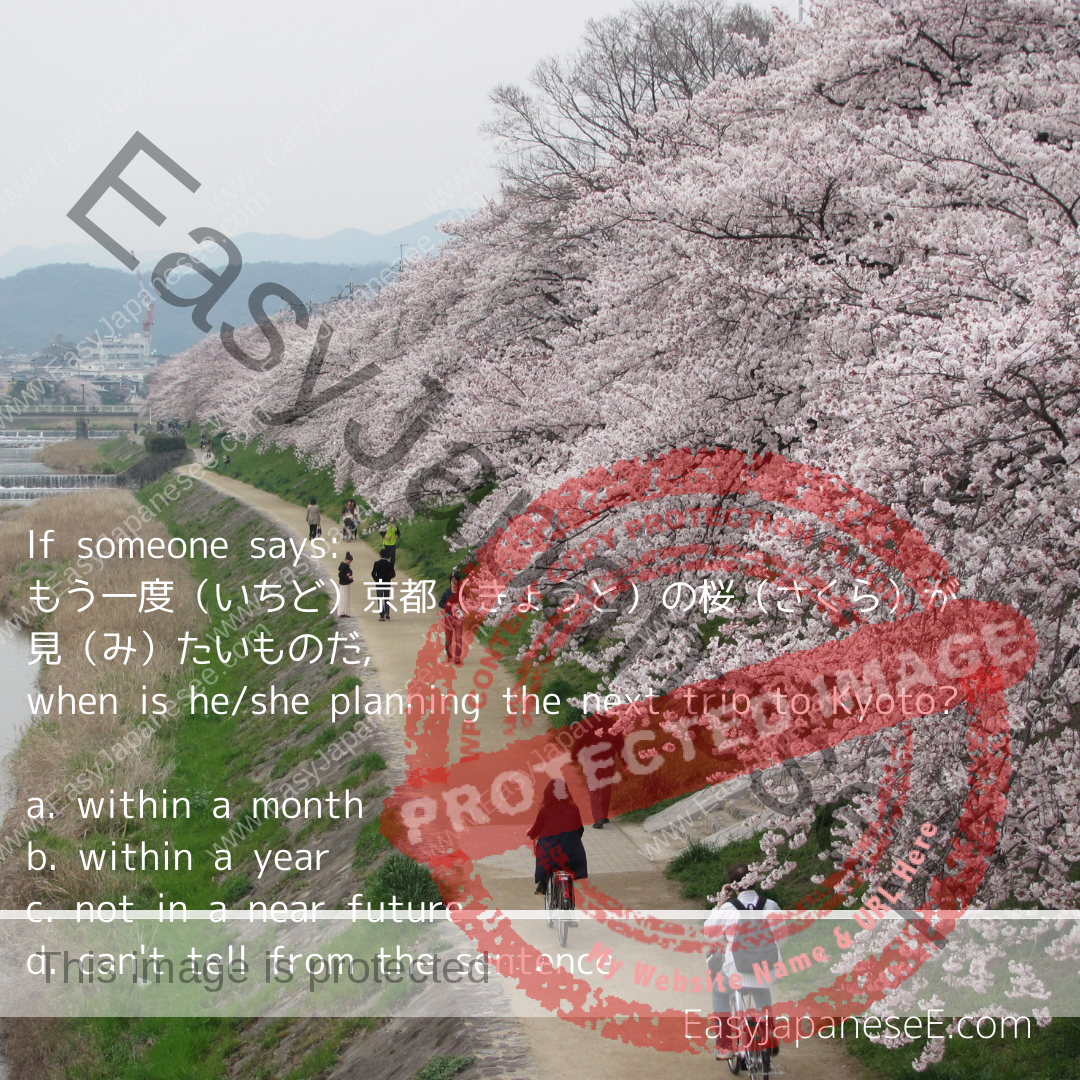
~たいものだ/~たいものです is a variation of ~たい(です) but it is used for a wish that is difficult to fulfill or something you have longed for for a long time.
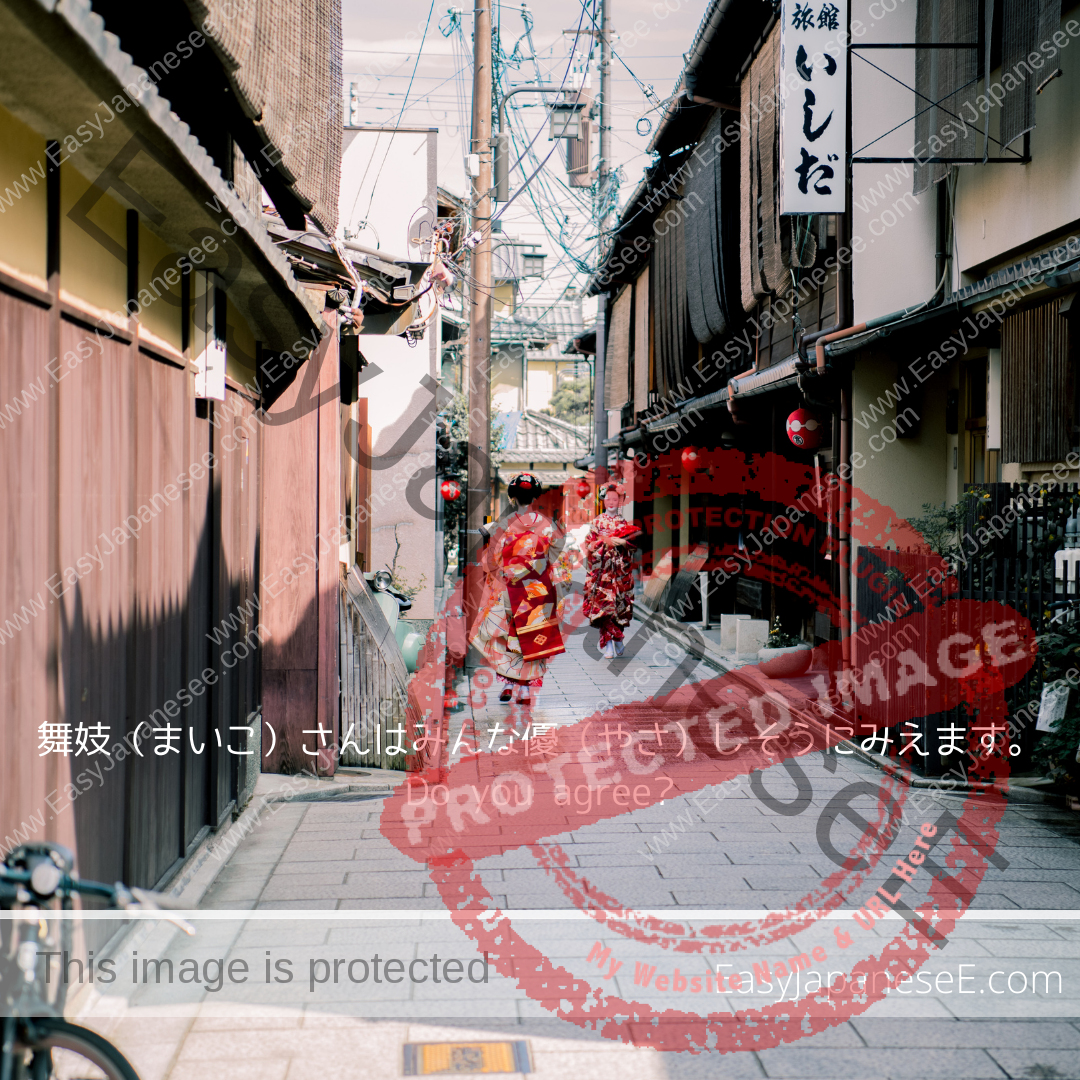
~そうにみえる is used to describe your own opinion based on the appearance of somebody else or an external condition. Check more example sentences here.
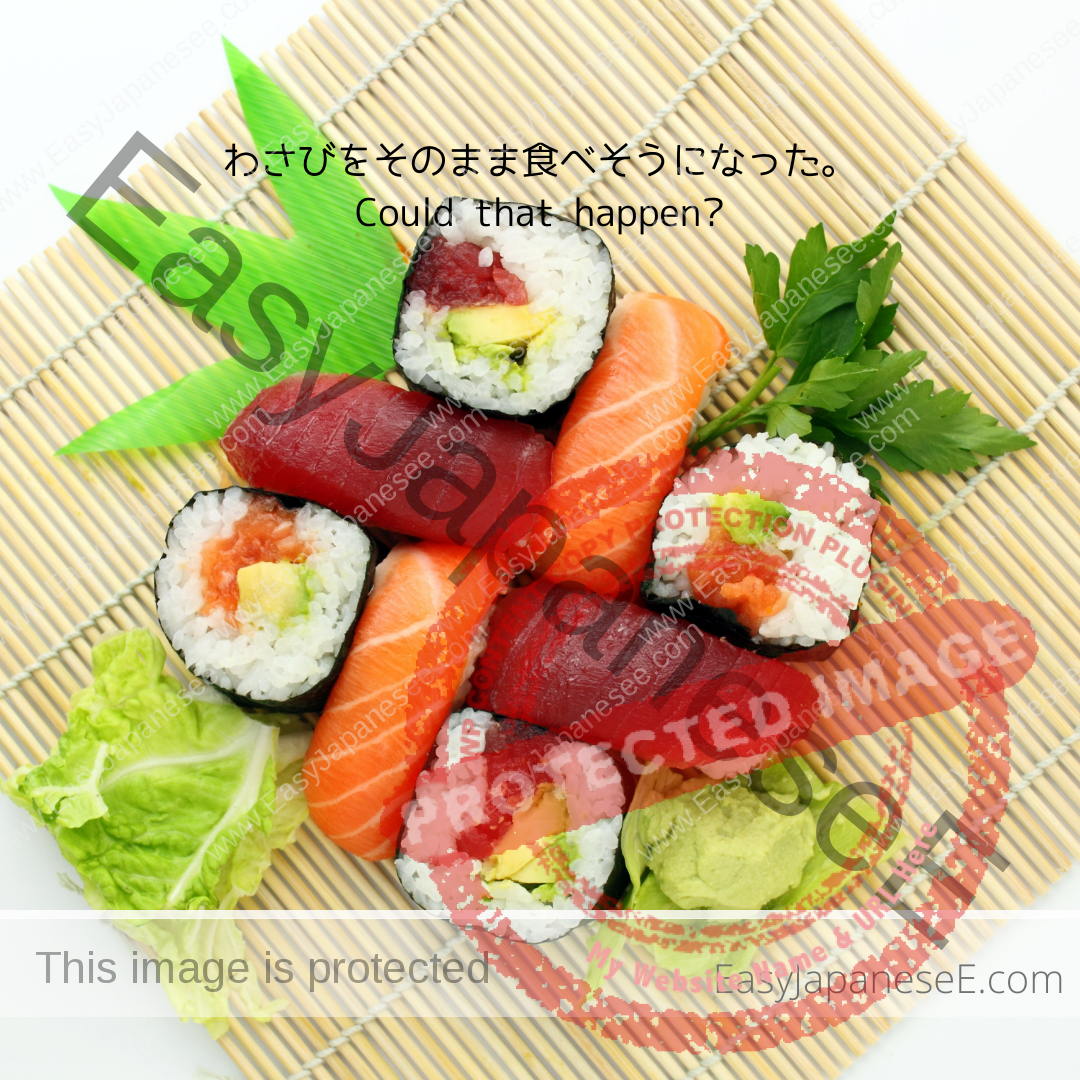
~そうになる is used when something out of a speaker’s control is about to happen. It is often used in the past tense to describe something that almost happened.
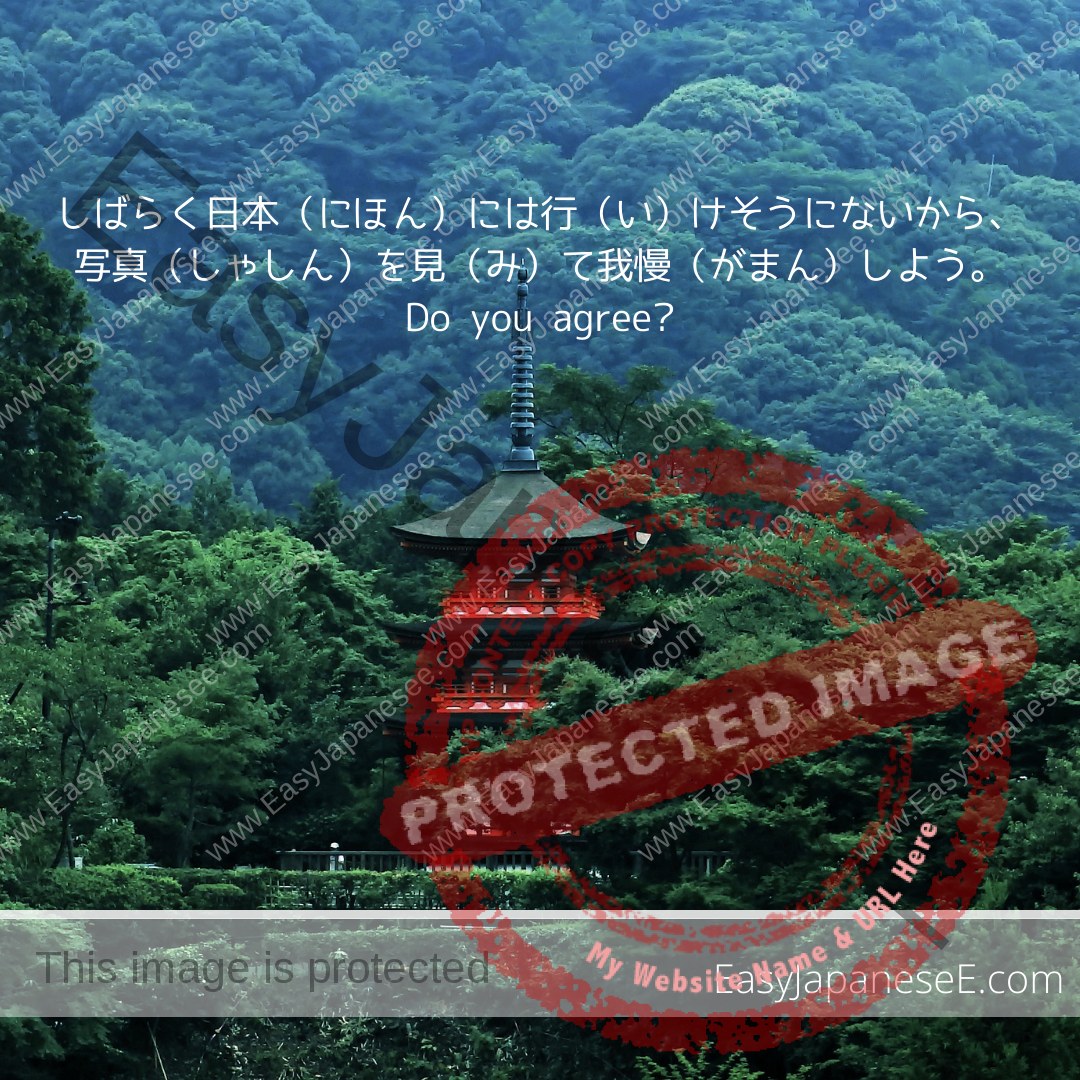
~そうにない, ~そうもない and ~そうにもない are used when you describe something that is unlikely to happen. This post explains how to use them and subtle differences among them
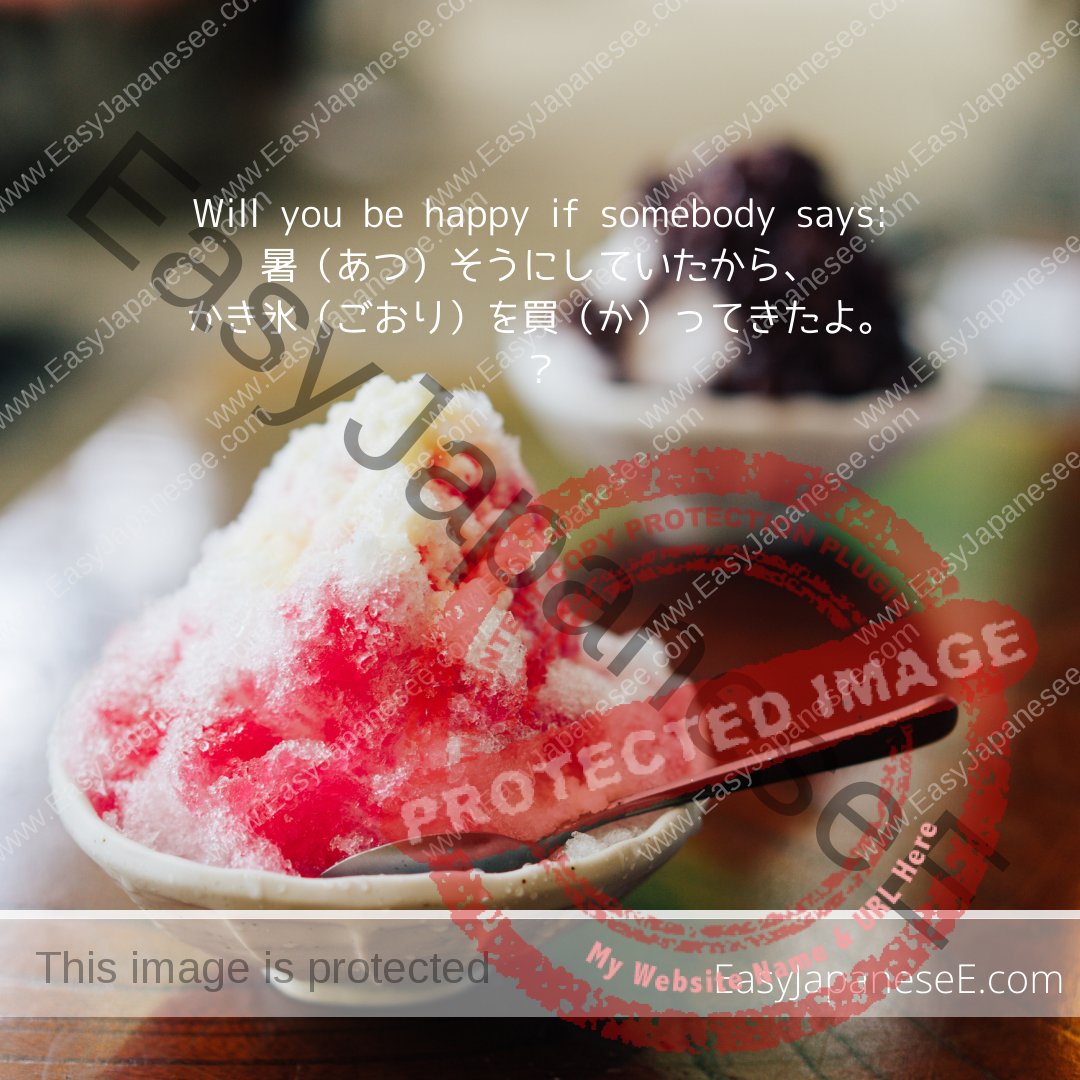
~そうにする/~そうにしている means “to look ~” or “to seem ~”. ~そうにする/~そうにしている follows an adjective stem which describes a person’s feeling or sense.
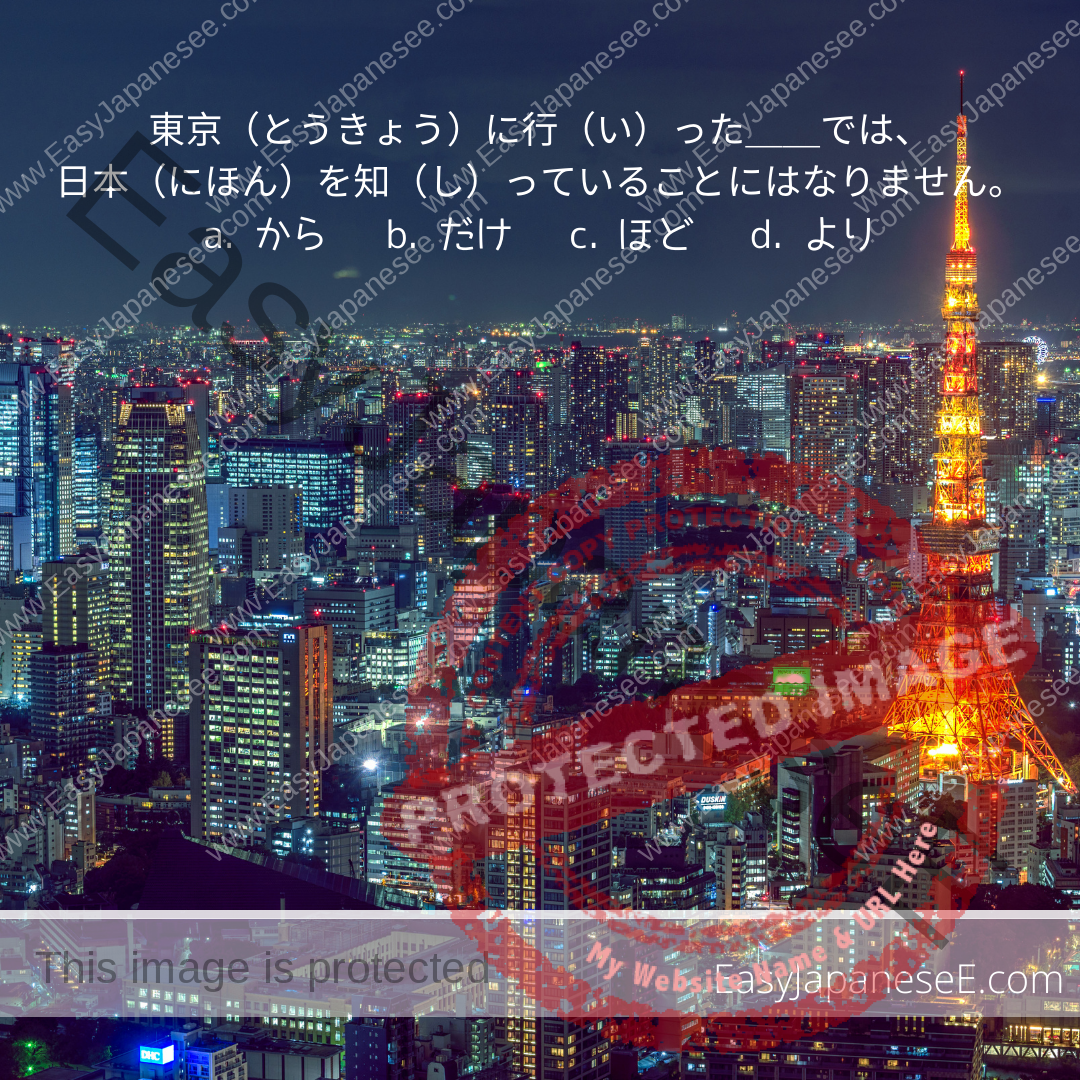
~だけでは…ない is an expression for saying ~ is not sufficient to get an expected result. A potential (form) verb is often used in the latter half.
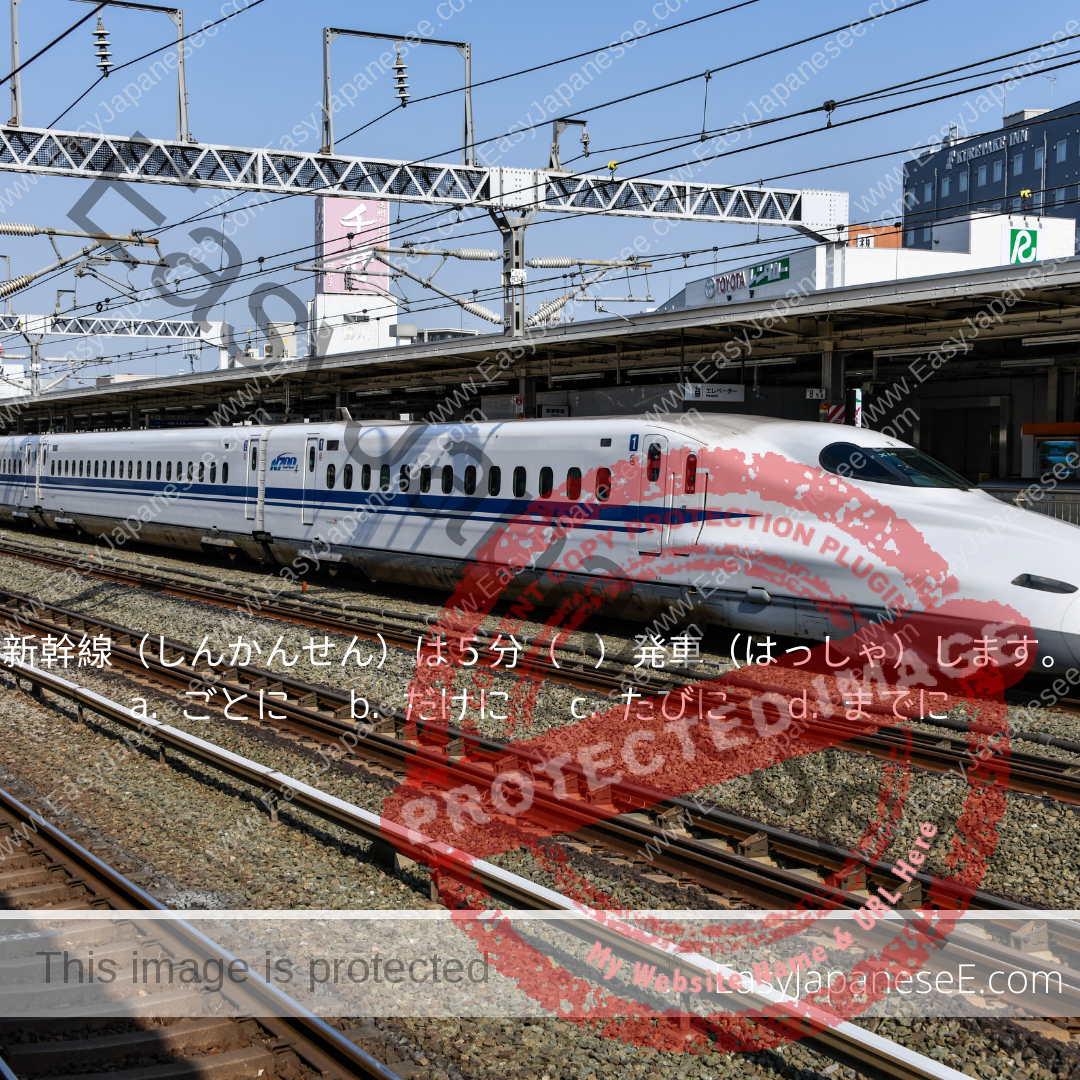
~ごとに follows a noun or a dictionary form verb and means “every ~” or “every time ~.” Differences between ~ごとに and ~たびに are explained at the bottom of this page.
